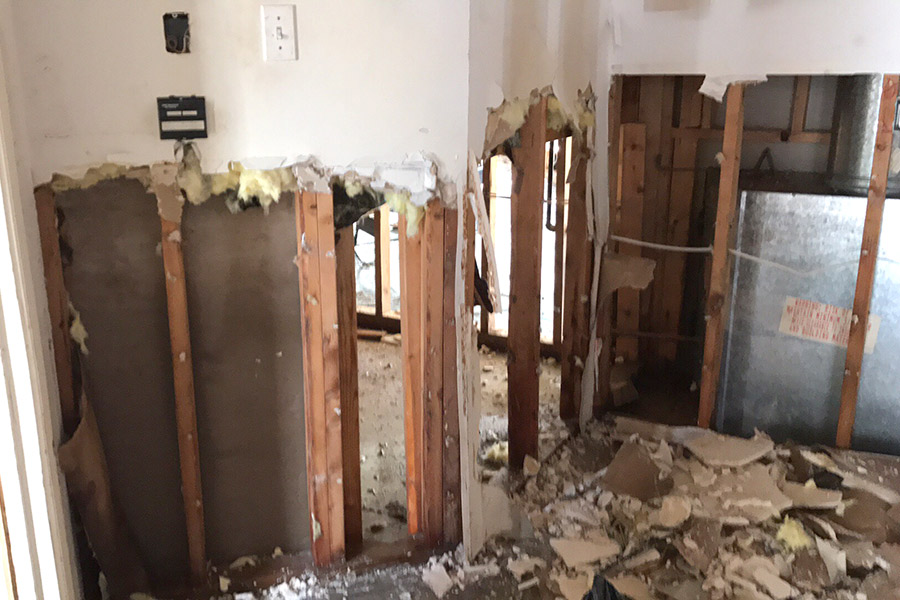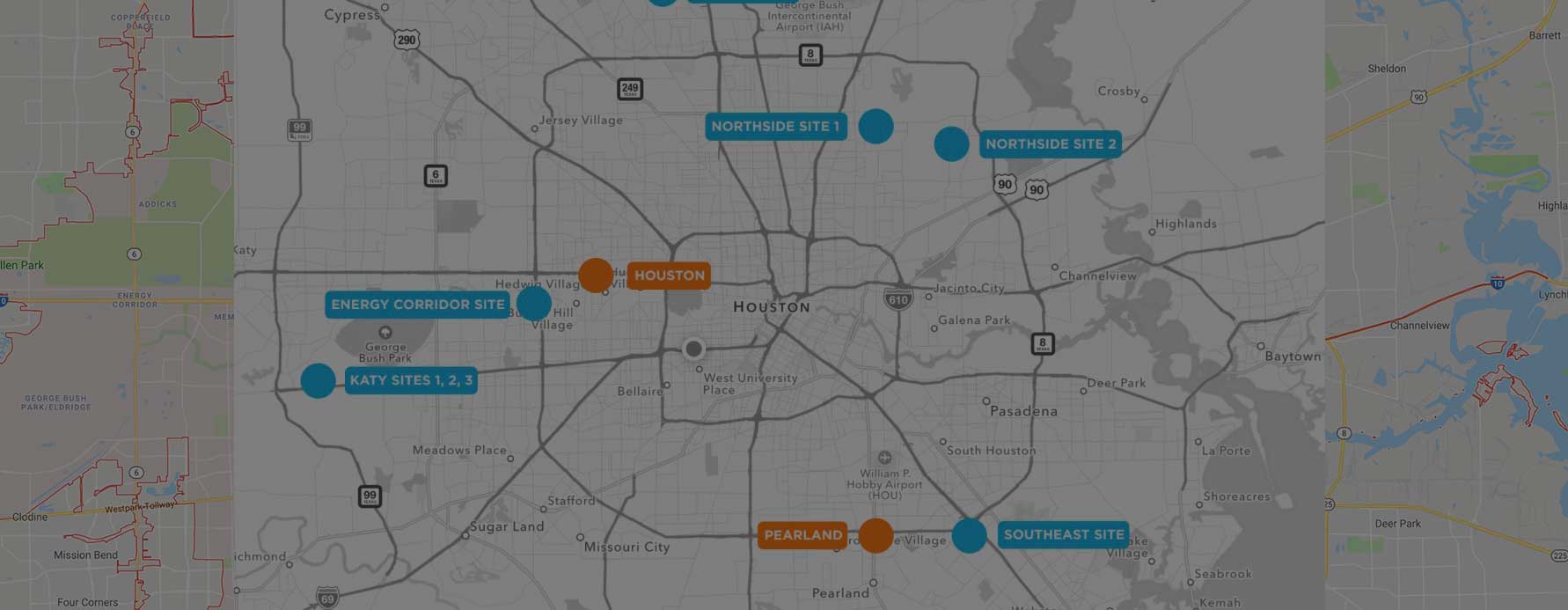
Posted on
August 9, 2016
Hiring Contractors after a Disaster
Hiring a contractor can be a daunting task, especially after a disaster when you need one the most. As you attempt to restore your life and home, the availability of local companies and individuals to perform the necessary services will be limited. Ideally, you should try to select contractors you may need on an urgent basis before you need them. The stress after a disaster can make you very anxious to get your life back to normal as quickly as possible. Don’t take actions too quickly. You may regret them later.After a disaster or some other emergency, you will want to find a good and fair contractor quickly without going through a lengthy selection process. It is not necessary to get a bid for work you don’t need, but try to at least get the names of some well-recommended emergency contractors, like a plumbing or electrical contractor, before a disaster occurs.Outside contractors and companies will enter the area to offer their services. Many are honest and will do an adequate job, but often it is advisable to do temporary repairs and wait for local contractors who will be there to guarantee their work long after the disaster.Finding a Reliable ContractorTry to get recommendations from friends, family, neighbors or a Realtor you trust.
- Checkwiththelocalconsumerprotectionofficeor Better Business Bureau to see if there are any complaints against the contractor. But remember, even if there have been no complaints filed, that is not a guarantee of reliability.
- Havethecontractorprovethatheislicensedand bonded and has insurance. Check the information with the state department that regulates businesses and professionals.
- Get two or three written estimates that give details about the work to be done, materials, labor charges, and start and finish dates
- A clear and detailed contract can protect you if something goes wrong. In general, a contract should spell out who does what, where, when and for how muchWhether it is the purchase of services, materials or goods, read all contracts carefully! Wait until the job is completed before you make the final payment. Keep track of all estimates, contracts, repairs and dates of work completed.
- Do not pay cash upfront. Do not make the final payment until the work is done to your satisfaction.
The following worksheet will help make selecting a contractor a straightforward process. Remember when comparing bids, be sure they are for similar work –- the same kind of job and using the same quality materials. If the work isn’t similar, you can’t accurately compare. The lowest bid may not be your best choice!Selecting a ContractorContracts for home improvement projects should include the following information:
- Approximate date for beginning the work and the completion date unless a specific disclosure states that no completion date is provided. (Always require a completion date be given.)
- A description of the work to be done. (Always require this to be detailed, describing the materials and grades to be used as well as the repairs to be made.)
- All Financing Information Required By State And federal laws.
- Any Warranty Agreements.
- Name and address of contractor and person for whom work is to be done.Never sign a completion certificate until all work is satisfactorily done. Also, never pay a home repair contractor or a worker for work before it is done. No more than 25% to 33% should be asked for up front. Do not use contractors that have high-pressure “sign up now” discounts. Also, make sure that any assumptions are clear and accurate.For more information visit www.extension.iastate.edu,www.eXtension.org or contact your local ISU Extension office.


No Comments
Sorry, the comment form is closed at this time.